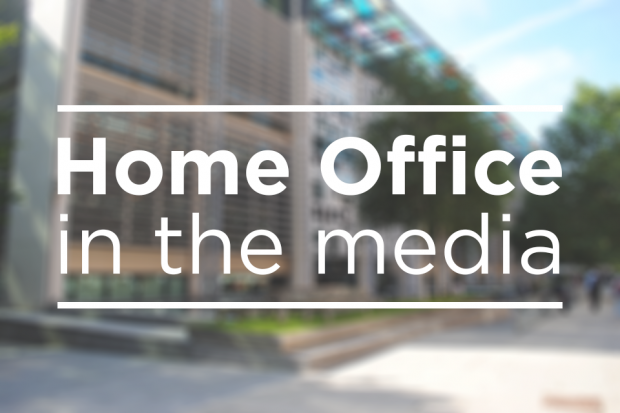
Today's leading stories include an analysis of LGBT+ asylum applications and concerns around vulnerable children applying to the EU Settlement Scheme.
LGBT+ asylum seekers
The Guardian reports on figures that show that the Home Office refused at least 3,100 asylum claims from LGBT nationals of countries where consensual same-sex acts are criminalised.
According to the paper, at least 1,197 Pakistanis refused asylum after making a claim for protection on the grounds of sexual orientation between 2016 and 2018. The figures are reported in an analysis by the Liberal Democrats of figures published by Home Office.
A Home Office spokesperson said:
Individuals are only returned to their country of origin when the Home Office and courts deem it is safe to do so.
Each case is considered on its individual merits against relevant case law and published country information, and all decisions on claims based on sexual orientation are reviewed by an experienced caseworker.
The UK has a proud record of providing protection to those fleeing persecution. Over 12 months we gave protection to more than 18,500 people, the highest number since 2003.
EUSS and child applicants
The Independent reports that thousands of vulnerable EU children risk losing their rights due to Brexit because support from the Home Office is “woefully inadequate”.
According to the paper, there are an estimated 5,000 youngsters in local authority care who need to apply for status through the EU Settlement Scheme by the end of 2020 if the UK leaves without a deal.
A Home Office spokesperson said:
We have made it our priority to ensure that the EU Settlement Scheme is accessible for everyone. As of the end of June, EU Settlement Scheme statistics confirm that not a single person had been refused.
It is especially important to ensure that children – as some of the most vulnerable people in our society – are given the support they need to obtain status.
That is why we are providing grant funding of up to £9 million for voluntary and community organisations across the UK to support EU citizens who need help applying.
Dedicated Home Office Staff are also working closely with local authorities and other stakeholders to help make sure children in care apply for the Scheme.
